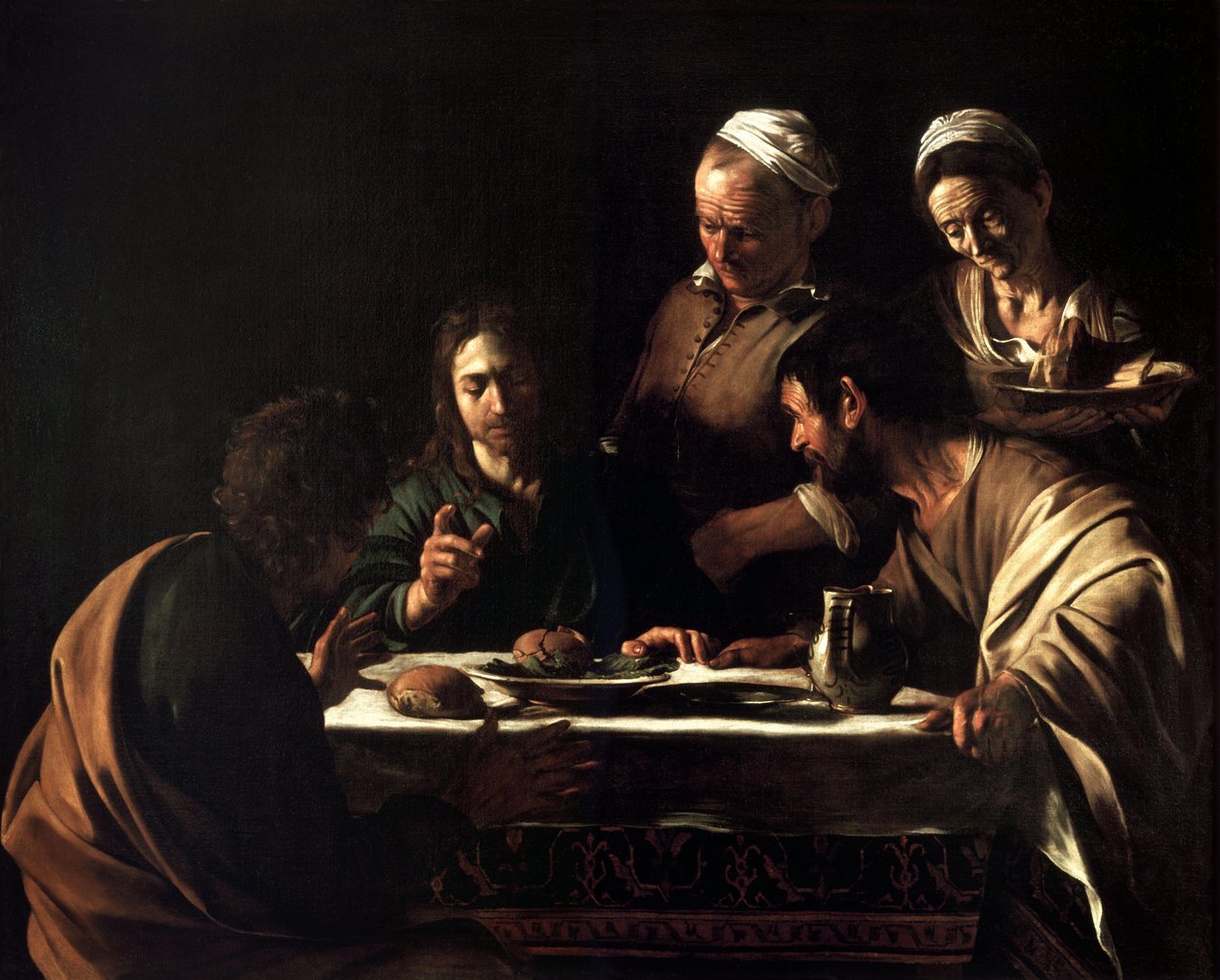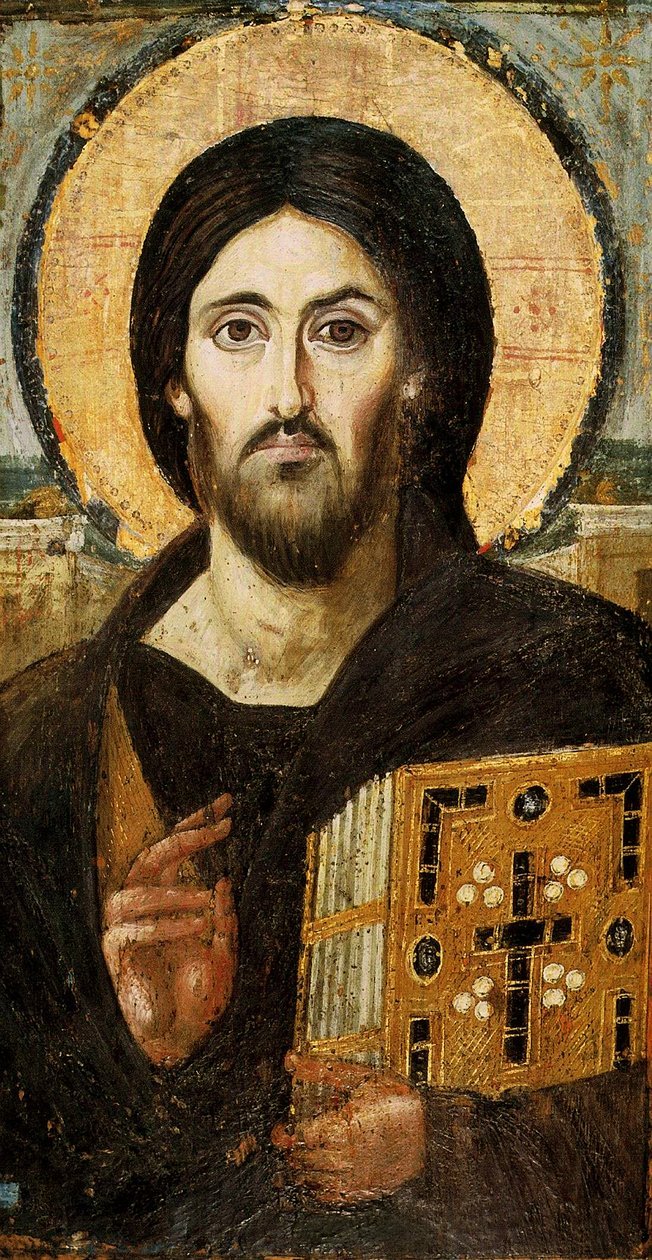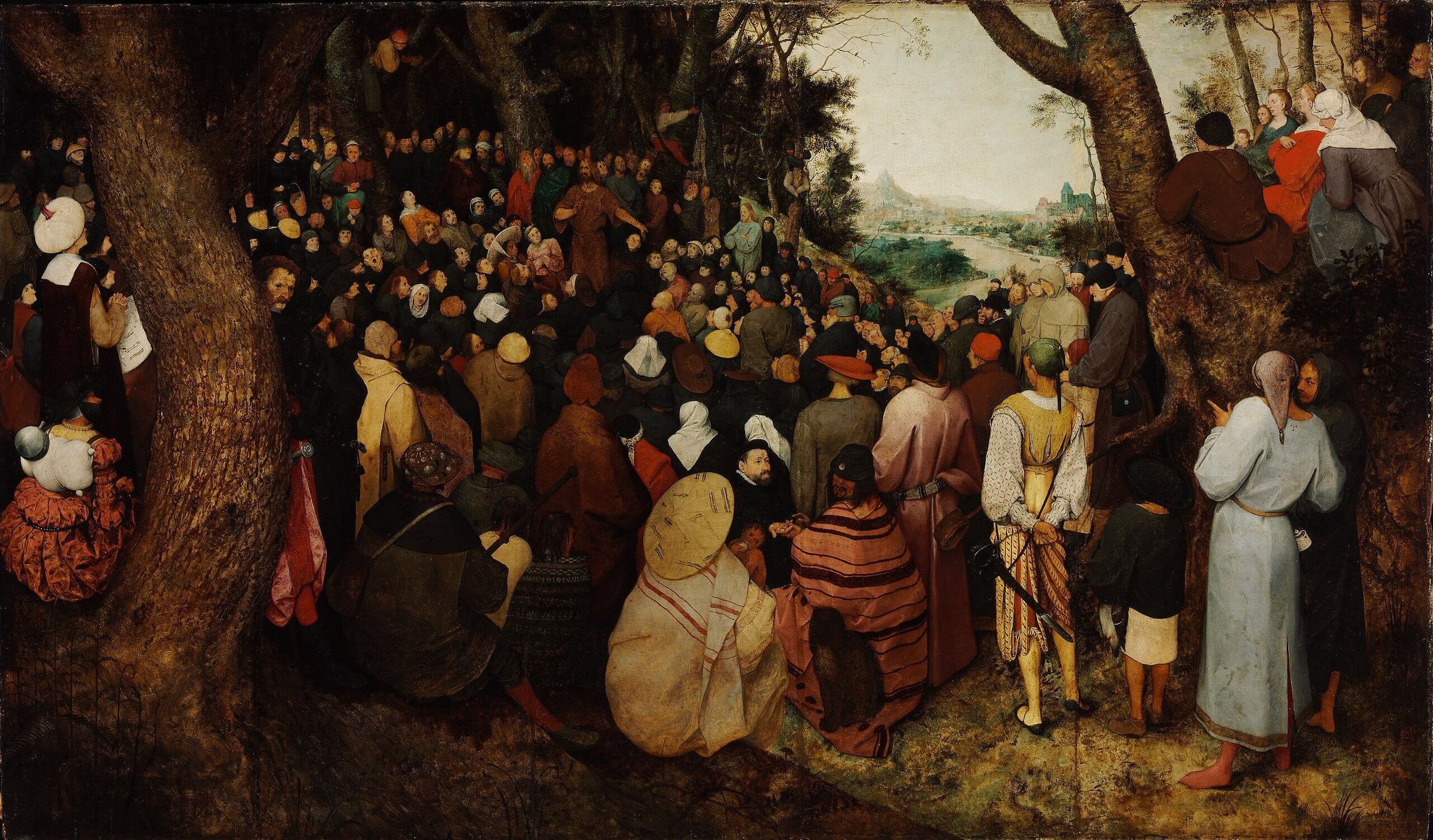
of Terms
Welcome to the Glossary of Terms
This page was created as a bridge — from confusion to clarity, from tradition to truth. Every word here is rooted in Scripture and restored through the lens of Yahweh’s covenant.
Whether you're new to The Way or relearning what you've always been told, may this space bring you peace, conviction, and understanding.
"And you will know the truth, and the truth will set you free." —John 8:32
Torah (תּוֹרָה)
Hebrew Meaning: Instruction, teaching, guidance—not just “law.”
Definition: Yahweh’s divine instructions for how to live in covenant with Him. Includes the first five books of the Bible (Genesis–Deuteronomy), but also refers to His eternal truth revealed in Scripture.
Why It Matters: The Torah reveals the character of God, the boundaries of holiness, and the foundation for Yahushua’s teachings. He didn’t abolish it—He fulfilled it.“Do not think that I came to destroy the Torah or the Prophets. I did not come to destroy but to complete.”(Mattithyahu / Matthew 5:17)
Pesach (פֶּסַח) – Passover
Hebrew Meaning: To pass over, spare, protect.
Definition: The feast remembering how Yahweh delivered Israel from Egypt through the blood of the lamb. Fulfilled by Yahushua, our Passover Lamb.
Why It Matters: Yahushua died on Passover, not “Good Friday.” It is a day of deep reverence and covenant remembrance—not bunnies and brunch.“For also Messiah our Pĕsaḥ was slaughtered for us.” (1 Corinthians 5:7)
Babylon (בָּבֶל)
Biblical Meaning: Confusion, rebellion, mixture.
Definition: A spiritual system of idolatry, self-worship, false religion, and corruption. Though originally a city, Babylon represents every counterfeit kingdom raised against Yahweh.
Why It Matters: Modern Christianity has unknowingly adopted many Babylonian practices. Yahweh calls His people to come out of her.“Come out of her, My people, lest you share in her sins…” (Revelation 18:4)
The Remnant
Definition: The small, faithful group who refuse compromise and cling to Yahweh’s truth—even when the masses bow to the beast.
Why It Matters: Yahweh always preserves a remnant. They are misunderstood, hidden, and often rejected by the mainstream—but they carry the oil.“Even so, at this present time a remnant according to the choice of favor has come to be.” (Romans 11:5)
Set-Apart (Qodesh / קָדוֹשׁ)
Hebrew Meaning: Holy, consecrated, marked as belonging to Yahweh.
Definition: To be set apart is to live differently—not by culture’s rules, but by covenant.
Why It Matters: Yahweh never called His people to blend in. He called them to be holy as He is holy.“You shall be set-apart, for I יהוה your Elohim am set-apart.” (Leviticus 19:2)
Yahweh (יהוה)
YHWH
Definition: The true, personal Name of the Most High God, revealed to Moses as His eternal memorial. Often replaced with "LORD" in English translations.
Why It Matters: His Name is not a title. It is holy, intimate, and powerful. And He told us to call on it.“This is My Name forever, and this is My remembrance to all generations.” (Exodus 3:15)
Bikkurim (בִּכּוּרִים) – First Fruits
Hebrew Meaning: First, early ripe fruit; the choicest and beginning of the harvest.
Definition: The day during Unleavened Bread when the first sheaf of barley was waved before Yahweh as an offering. It prophetically points to Yahushua’s resurrection as the firstfruits of those who will rise.“But now Messiah has been raised from the dead, and has become the first-fruit of those having fallen asleep.” (1 Corinthians 15:20)
Yom Teruah (יוֹם תְּרוּעָה) – Day of Trumpets
Also Known As: Feast of Trumpets, “Rosh Hashanah” (manmade name)
Definition: A prophetic appointed time marked by shofar blasts, awakening, repentance, and the announcement of the King’s coming.
Why It Matters: It represents the return of Messiah with the trumpet blast, the gathering of His people, and the opening of judgment.“Blow the shofar at the new moon… for this is a law for Yisra’ĕl…” (Psalm 81:3–4)
Mo’edim (מוֹעֲדִים)
Hebrew Meaning: Appointed times; sacred festivals or holy gatherings set by Yahweh Himself.
Definition:
The mo’edim are the divine appointments established by Yahweh in His Torah (especially Leviticus 23) as set-apart times for worship, remembrance, and prophetic fulfillment. They are not “Jewish holidays”—they are Yahweh’s calendar, pointing to Yahushua’s mission and the future of His Kingdom.Key Verses:
“These are the appointed times (mo’edim) of יהוה, set-apart gatherings which you are to proclaim at their appointed times.” (Wayyiqra / Leviticus 23:4, ISR)
Examples of Mo’edim:
Passover (Pesach)
Unleavened Bread (Matzot)
First Fruits (Bikkurim)
Shavuot (Feast of Weeks / Pentecost)
Yom Teruah (Day of Trumpets)
Yom Kippur (Day of Atonement)
Sukkot (Feast of Tabernacles)
Why It Matters:
The mo’edim reveal Yahweh’s prophetic timeline. Yahushua fulfilled the spring feasts in His first coming (Passover through Pentecost), and He will fulfill the fall feasts in His return. If we ignore them, we miss His rhythm—and we celebrate counterfeits instead.
Yahushua (יֵשׁוּעַ / יְהוֹשֻׁעַ)
Hebrew Meaning: Yahweh is Salvation.
Definition: The true Hebrew name of the Messiah, often rendered “Jesus” in English. His name proclaims who He is: the Salvation sent from Yahweh.
Why It Matters: Restoring His name reclaims the truth of His identity and mission.“You shall call His Name Yahushua, for He shall save His people from their sins.” (Matthew 1:21)

Shabbat (שַׁבָּת) – The Weekly Sabbath
Occurs every seventh day (Friday evening to Saturday evening)
Set apart from creation
A sign of covenant and rest (Genesis 2:2–3; Exodus 20:8; Leviticus 23:3)
Hebrew Meaning: Rest, cease, stop
Definition: The seventh day of the week, set apart from creation as a day of rest and worship. A sign of covenant between Yahweh and His people forever.“And on the seventh day Elohim completed His work which He had done, and He rested…” (Genesis 2:2)
Rosh Chodesh (ראש חודש) – New Moon / New Month
Marks the beginning of each biblical month
Observed by the sighting of the new moon (Numbers 10:10; Isaiah 66:23; Psalm 81:3)
Hebrew Meaning: Head (rosh) of the month (chodesh)
Definition: Marks the beginning of each biblical month by the sighting of the new moon. A day of rejoicing and blowing the shofar, setting Yahweh’s calendar in motion.“Blow the shofar at the new moon…” (Psalm 81:3)
Shavuot (שָׁבוּעוֹת) – Feast of Weeks / Pentecost
50 days after First Fruits
Celebrates the giving of the Torah and the Holy Spirit (Leviticus 23:15–22; Acts 2)
Hebrew Meaning: “Weeks” – referring to the count of seven weeks (49 days) after First Fruits.
Definition: The appointed time celebrating the giving of the Torah at Mount Sinai and the outpouring of the Ruach ha’Qodesh (Set-Apart Spirit/Holy Spirit, in Acts 2. It represents covenant, fire, and the writing of Yahweh’s Law on hearts.
“And when the Day of the Festival of Shaḇuʽoth had come, they were all with one mind in one place…” (Acts 2:1)

Spring Feasts
(Fulfilled in Yahushua’s First Coming)
Pesach (פֶּסַח) – Passover
14th day of the 1st biblical month (Aviv/Nisan)
Commemorates deliverance from Egypt and the Lamb’s sacrifice (Exodus 12; Leviticus 23:5)
Hebrew Meaning: To pass over, spare
Definition: Commemorates Yahweh’s deliverance of Israel from Egypt and the blood of the Lamb on the doorposts. Fulfilled by Yahushua as the Lamb of Elohim.
“This is My body, given for you… this is My blood of the renewed covenant.” (Luke 22:19–20)
Chag HaMatzot (חַג הַמַּצּוֹת) – Feast of Unleavened Bread
15th–21st day of the 1st month
Seven days without leaven; begins with a set-apart gathering (Leviticus 23:6–8)
Hebrew Meaning: Festival of the unleavened (matzah) bread.
Definition: A 7-day feast following Passover where no leaven is eaten. It remembers the haste of Israel’s exodus and symbolizes removing sin and corruption from our lives. Yahushua was buried during this time—without sin, without decay.
“Let us celebrate the festival, not with old leaven… but with the unleavened bread of sincerity and truth.” (1 Corinthians 5:8)
Bikkurim (בִּכּוּרִים) – First Fruits
The day after the Shabbat during Unleavened Bread
Offering of the first harvest; fulfilled in Yahushua’s resurrection (Leviticus 23:9–14)
Hebrew Meaning: First ripened produce, early harvest
Definition: The offering of the first portion of the barley harvest. Yahushua rose from the dead on this day as the firstfruits of the resurrection.
“Messiah has been raised… the firstfruit of those who have fallen asleep.” (1 Corinthians 15:20)
Fall Mo’edim
(Yet to Be Fulfilled | To Be Fulfilled Upon Yahushua’s Return)
Yom Teruah (יוֹם תְּרוּעָה) – Day of Trumpets
Hebrew Meaning: Day (yom) of shouting/blasting (teruah)
Definition: A day of shofar blasts calling Yahweh’s people to awaken, repent, and prepare for the coming King.“Blow the shofar… for the day of YHWH is coming…” (Joel 2:1)
Yom Kippur (יוֹם הַכִּפּוּרִים) – Day of Atonement
Hebrew Meaning: Day of covering or ransom.
Definition: The most solemn day of the year—marked by fasting, repentance, and intercession. It foreshadows final judgment and the complete redemption through Yahushua’s blood.“For on that day he makes atonement for you… to cleanse you.” (Leviticus 16:30)
Sukkot (סֻכּוֹת) – Feast of Tabernacles / Booths
Hebrew Meaning: Booths or shelters.
Definition: A joyful 7-day festival where Yahweh’s people dwell in temporary shelters, remembering the wilderness journey and celebrating the future reign of Messiah. Yahushua will dwell with us again during this feast.“And the Word became flesh and dwelt (tabernacled) among us…” (John 1:14)
The Eighth Day (Shemini Atzeret / שְׁמִינִי עֲצֶרֶת)
Hebrew Meaning: Eighth (day) of assembly or stopping.
Definition: A separate appointed time immediately following Sukkot, representing eternity, completion, and rest in Yahweh’s presence beyond time.“On the eighth day you shall have a set-apart gathering.” (Leviticus 23:36)

Biblically Honored Historical Feasts
(Not Mo’edim, but Observed in Scripture)
Purim (פּוּרִים)
14th and 15th days of the 12th month (Adar)
Commemorates the deliverance in Esther’s time (Esther 9)
Hanukkah (חֲנֻכָּה) – Feast of Dedication
25th day of the 9th month (Kislev), lasting 8 days
Celebrates the rededication of the Temple after defilement
Yahushua observed this (John 10:22)
People, Sects & Religious Groups
Pharisees (פְּרוּשִׁים / P’rushim)
Meaning: “Separated ones”
Who They Were: A prominent Jewish sect during Yahushua’s time known for strict adherence to the Torah and the oral traditions (man-made laws). They claimed holiness through outward observance, but often missed the heart of Yahweh.
Yahushua’s Rebuke: He called them whitewashed tombs—beautiful on the outside, but full of death inside. They added burdens, sought praise, and rejected the very Messiah they claimed to await.“You nullify the Word of Elohim by your tradition…” (Mark 7:13)
“You cleanse the outside of the cup… but inside you are full of greed and self-indulgence.” (Matthew 23:25)
Sadducees (צְדוּקִים / Tzedukim)
Meaning: Likely from tsedek, meaning “righteous”
Who They Were: A priestly, upper-class sect who rejected all spiritual doctrines not found in the written Torah. They denied the resurrection, angels, and the Spirit. Politically powerful, but spiritually empty.
Yahushua’s Rebuke: He said they were in error and ignorance, not knowing the Scriptures or the power of Elohim.“You do err, not knowing the Scriptures, nor the power of Elohim.” (Matthew 22:29)
Christian (Χριστιανός / Christianos)
Meaning: Follower of Christ
Historical Origin: First used in Antioch (Acts 11:26) — not as a title of honor, but a name given by outsiders, often used in mockery and scorn. It was never a term Yahushua used for His disciples.Definition:
The term Christian was never spoken by Yahushua, nor claimed by His earliest followers. Instead, they were called disciples, believers, the Assembly, and most clearly — those who walked in The Way (Acts 9:2; Acts 24:14).Over time, Christian became institutionalized—claimed by Rome, sanctioned by empires, and hollowed out by tradition. Today, it often masks compromise, lawlessness, and idolatry in a cloak of religiosity.
Why It Matters:
Yahushua said many would come in His Name but refuse to obey His Word. He did not teach a new religion — He came to fulfill the Torah (Instruction) and call us back to covenant.He warned that claiming His Name without doing the will of the Father leads not to life, but rejection.
“Many shall say to Me in that day, ‘Master, Master, have we not prophesied in Your Name, and cast out demons in Your Name, and done many mighty works in Your Name?’
And then I shall declare to them, ‘I never knew you, depart from Me, you who work lawlessness!’”
(Matithyahu / Matthew 7:22–23, ISR)Yahushua’s Rebuke:
“I have come in My Father’s Name and you do not receive Me; if another comes in his own name, him you would receive.”
(John 5:43)
“Do not think that I came to destroy the Torah or the Prophets. I did not come to destroy but to complete… until the heaven and the earth pass away, not one jot or tittle shall by no means pass from the Torah.”
(Matithyahu / Matthew 5:17–18, ISR)The Warning:
A name without obedience is nothing but empty confession.
The label Christian cannot save. Yahushua saves — but only those who know Him, love Him, and walk in His ways.Note:
The disciples did not build denominations. They did not soften the truth. They were persecuted for The Way, not praised for a title.
We are called to follow Yahushua, not a system that bears His Name without bearing His fruit.

It’s outward—arms out, looking side to side—focused on human reaction, social consequences, shame, or even pride.
It can sound like:
“I messed up.”
“I didn’t mean for it to go that far.”
“They tricked me.”
But there’s no lifting of the head upward, no turning the heart toward YHWH, no “I have sinned against You, ABBA”
Vertical Repentance
Definition: The brokenness that turns the heart upward toward YHWH, acknowledging sin, not just as a human failure, but as rebellion against the One who is holy.
Vertical repentance leads to surrender, restoration, and new life.
Example: David cried out, “Against You, You alone, have I sinned,” and Peter wept bitterly after denying Yeshua—both looked upward.
Visual Cue: Arms surrendered, head lifted toward Heaven.
Horizontal Guilt
Definition: The sorrow of the flesh that looks outward but never upward—regret without repentance is deeply rooted in the self and the need to control incoming and outgoing pain responses. It is guilt rooted in human consequences, shame, disappointment, or pride.
Horizontal guilt responds to the reactions of others but does not turn the heart toward YHWH.
Example: Judas felt sorrow over betraying innocent blood, but he never turned to Yeshua for forgiveness.
Visual Cue: Arms stretched outward, head still down.
Dig Deeper Into The Word…
Citation of Artworks:
The Evangelist Matthew Inspired by an Angel, ca. 1661
| by the Dutch painter Rembrandt
Title: Supper at Emmaus
| Artist: Michelangelo Merisi Caravaggio
Title: Nehemiah Looks Upon the Ruins of Jerusalem (Néhémie voit les ruines de Jérusalem)
Artist: James Joseph Tissot (1836-1902)
Title: The Sermon of Saint John the Baptist
| Pieter Bruegel the Elder





